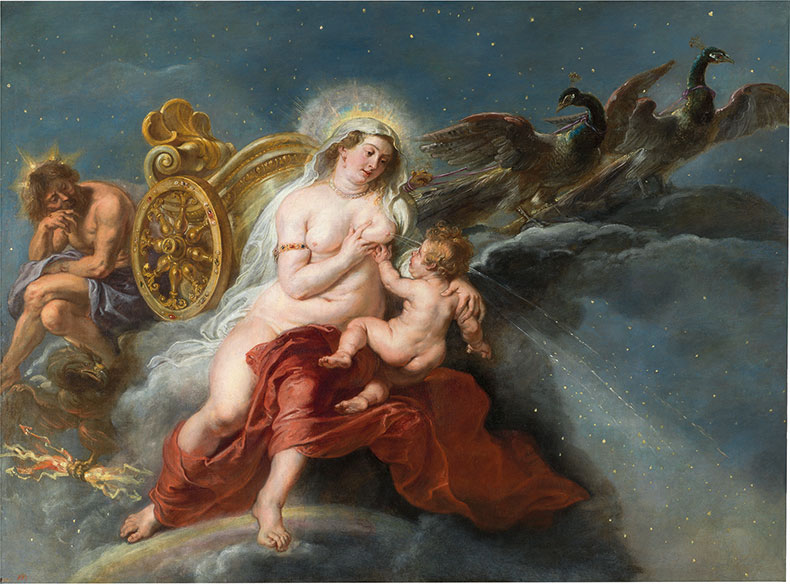With hundreds of exhibitions and events vying for your attention in London during Frieze week, Apollo’s editors pick out the shows they don’t want to miss
The poet and artist Julian Knox, who goes by the name Julianknxx, journeyed to nine European cities – Lisbon, Hamburg, Berlin, Marseille, Antwerp, Barcelona, Rotterdam, Amsterdam and London – to film encounters with Black communities. The resulting installation, Chorus in Rememory of Flight, now at the Barbican Centre’s Curve Gallery (until 11 February 2024), features multiple screens displaying footage of the ocean, cityscapes and bodies dancing, singing or sleeping, stitched together by the sound of Knox reciting poetry. It forms a deeply personal meditation on the history of migration (civil war forced Knox and his family to leave Sierra Leone when the artist was nine). In St James’s Church in Piccadilly, Knox will be performing live with a community choir on 14 October, as part of a wider programme curated by Ekow Eshun to commemorate the 250th anniversary of the baptism of the abolitionist Quobna Ottobah Cugoano.
Installation view of ‘Julianknxx: Chorus in Rememory of Flight’ at Barbican Art Gallery. Photo: © Eva Herzog/Barbican Art Gallery
Meanwhile, the Dulwich Picture Gallery is taking a close look at Rubens’s relationship with and depictions of women (a topic Fatema Ahmed writes about in the October issue of Apollo). The show (until 28 January 2024) includes tender portraits of the painter’s first wife, Isabella Brant, and his daughter Clara Serena, alongside extravagantly dressed aristocrats and lavish depictions of breast-feeding goddesses (there aren’t enough images of breast-feeding in art). The most surreal and spectacular work is The Birth of the Milky Way (1637), in which the goddess Juno sits on clouds, squeezing streams of breastmilk past the chubby infant Hercules on her knee to create a new galaxy.

I Took This For Liv (2023), Martine Syms. Photo: Katie Morrison; courtesy the artist and Sadie Coles HQ; © Martine Syms
The Los Angeles-based artist Martine Syms – one of the artists selected for the Apollo 40 Under 40 USA – uses a wide range of media to challenge and satirise societal expectations. In three new video works on show at Sadie Coles HQ in London (until 4 November), Syms collages together surveillance footage, film clips and text messages to examine the ways that editing can alter our perspective on a person. These video works are shown within an installation of photographic wallpapers depicting everyday objects blown up to a monumental scale, and drawings that combine journalistic commentary with stream of consciousness jottings and diagrammatic illustrations.
